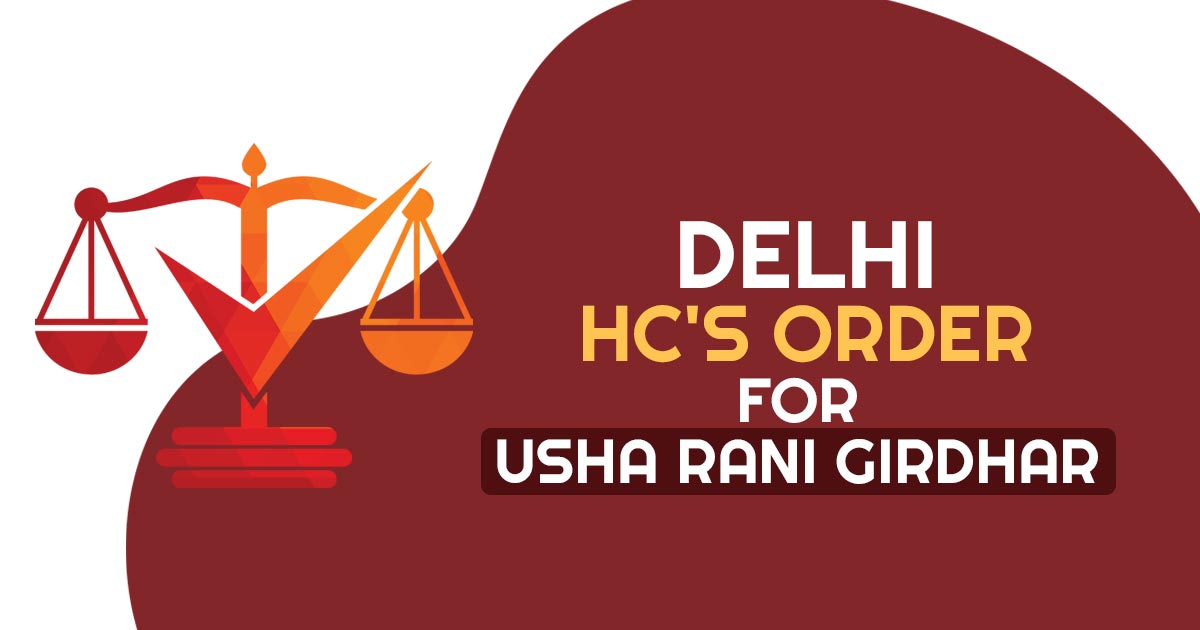
Delhi High Court ruling mentioned that the division bench of Justices Manmohan and Manmeet Pritam Singh Arora, in a Writ Petition, refused the proceedings of the department, the order issued and notice circulate under Sections 148A(d) and 148A(b) of Income Tax Act, 1961 respectively on the different and separate basis.
Under section 148 of the income tax act, on the distinct dates, the writ petition was furnished that challenges the two notices, the other notice would be issued under section 148A(b) of the act, and an order has been issued under Section 148A(d) of the Income Tax Act for the A.Y. 2017-18.
For the taxpayer, Ved Jain with Nischay Kantoor would have appeared and mentioned that the order has been issued along with that the notice would be issued under Sections 148A(d) and 148A(b) of the Income Tax Act correspondingly on a distinctive and separate basis.
During the comparison, it mentioned that the impugned proceedings for the Assessment year 2017-18 would be restricted via the limitation as per Section 149(1)(b) of the Income Tax Act since the income would be alleged to escape the assessment is Rs.11,25,000 that is lower as compared to Rs 50,00,000 even the concern for the mentioned the section proceedings could be executed post expiration of 3 years from the finish of the related assessment year merely when the same would be more than Rs 50,00,000.
On the behalf of the respondent (revenue), Zoheb Hossain emphasized that an error would have emerged as the income tax officer (ITO) would have provided the partial details to the assessing officer (AO) at the start.
He appeals with the bench for permitting the Assessing officer to provide the supplementary notice under Section 148A(b) of the Income Tax Act comprising the information of the property.
From the record, the data with AO obtained from ITO was concerned with the violation of Section 269SS of the Income Tax Act and does not being concerned with the non-declaration of long-term capital gain towards which the notice would be provided. The result will be that the impugned show cause notice would be the opposite of what the record has mentioned.
As per section 269SS of the Income Tax Act, a person might transfer a specific sum through a bank draft, cheque, or electronic form through a bank, etc. Hence as per Section 269T of the Income Tax Act, Rs. 20,000 is the maximum amount that can be transferred in cash.
The bench, the taxpayer answered the allegation which was specified in the notice provided under section 148(A) of the income tax act.
Under Section 148A(d) of the Income Tax Act, on allotting the order the AO has losses to consider, he would have provided the notice under section 148A(b) of the Income Tax Act as he had formed the incorrect details.
The Bench set aside, the show cause notice issued and the order issued under Sections 148A(b) and 148A(d) of the Income Tax Act.
| Case Title | Usha Rani Girdhar Vs Income Tax Officer Ward |
| Citation | W.P.(C) 16090/2022 & C.M.Nos.50220-50221/2022 |
| Date | 25.11.2022 |
| Delhi High Court | Read Order |